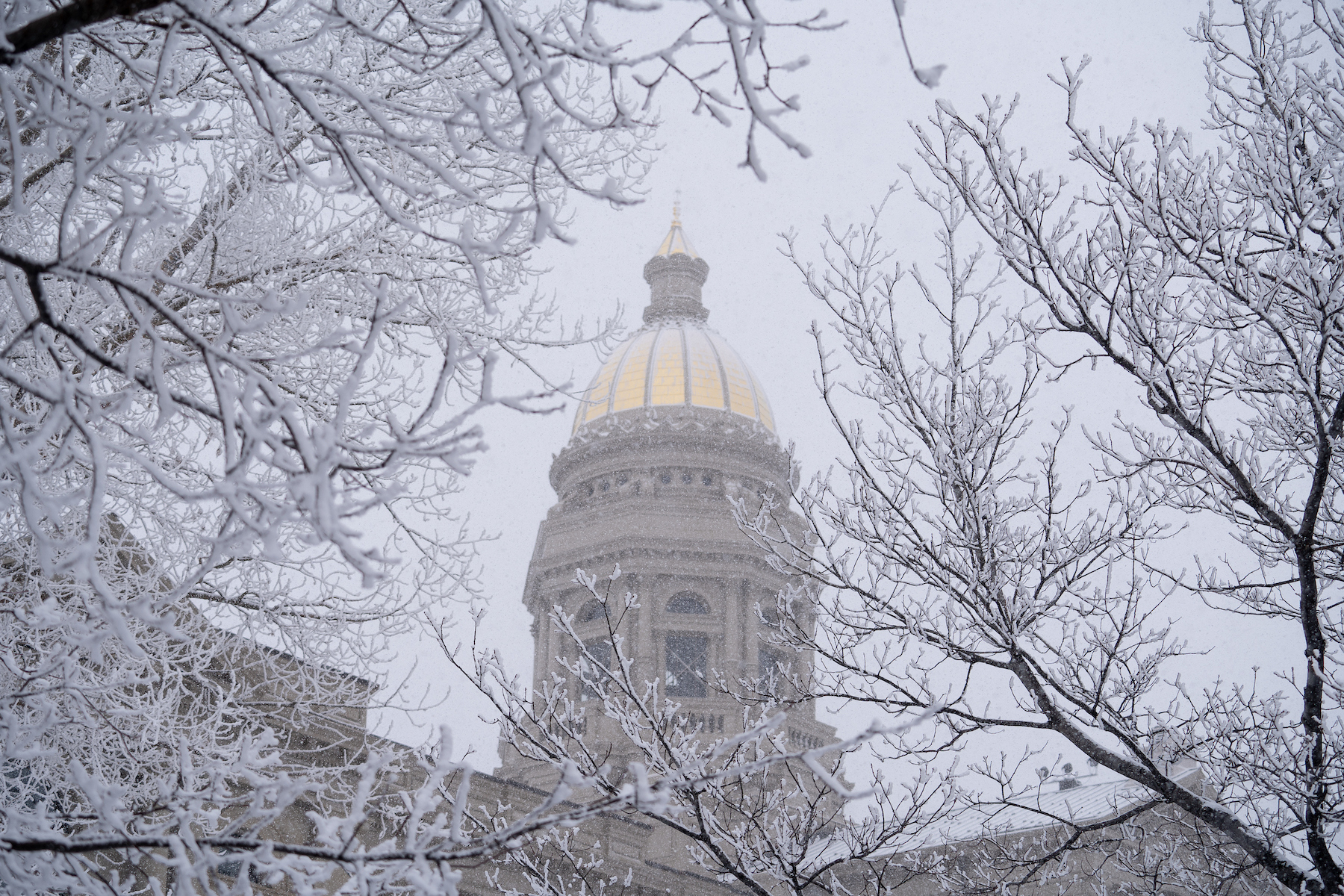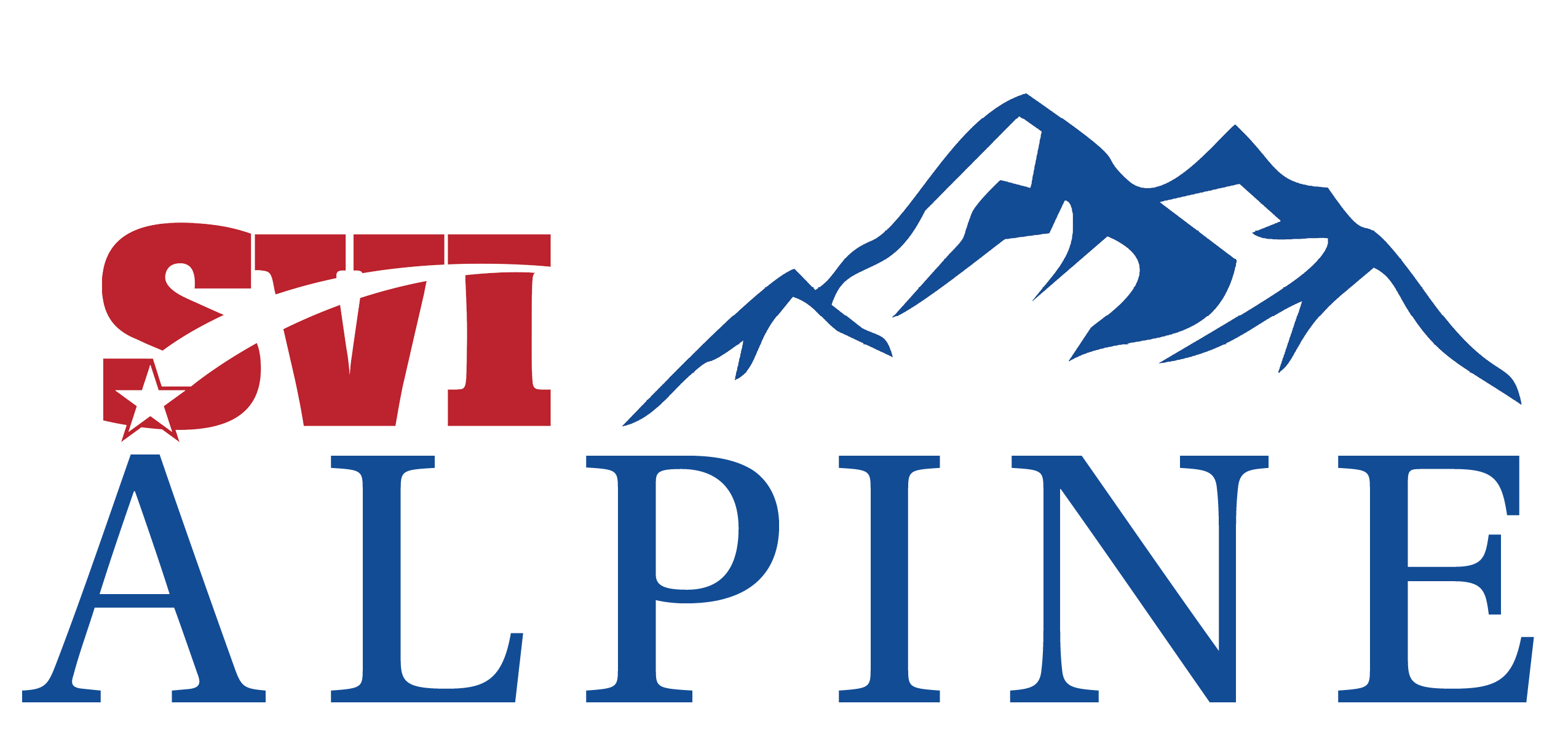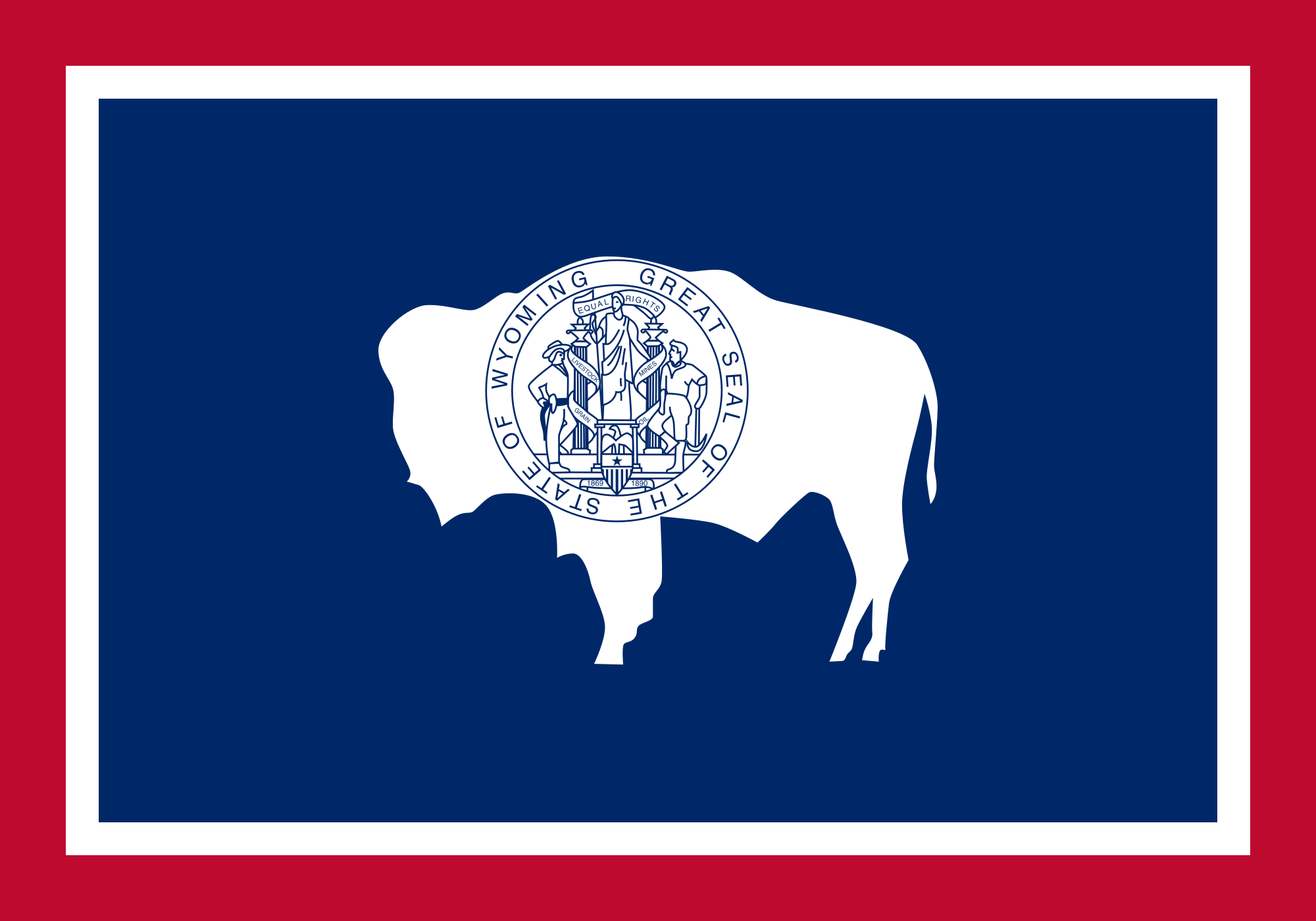Bill addressing new residential property tax class flies through legislative session
By Wyoming News Exchange
February 20, 2025

Heavy snow falls near the Wyoming State Capitol February 18, 2025 in Cheyenne. Photo by Michael Smith
By Hannah Shields
Wyoming Tribune Eagle
Via- Wyoming News Exchange
CHEYENNE — Last November, Wyoming voters passed a constitutional amendment to create a separate tax class for residential property and an optional subclass for owner-occupied residential properties.
It’s now up to lawmakers to define those groups and decide what percentage of the property’s assessed value should be taxed.
Currently, all residential real properties are taxed at 9.5% of the assessed fair market value.
Two bills were filed this legislative session — one in the House of Representatives and the other in the Senate — to address the new property tax class.
House Bill 328, sponsored by Rep. Tony Locke, R-Casper, provided definitions for “residential real property” and “owner- occupied residences” and applied the lowest tax percentage, 8.3%, of the fair market value, to both of these groups.
However, Locke’s bill died after it failed to pass through committee of the whole on Feb. 3, the last day for bills to pass through the first reading in their chamber of origin.
In the other chamber, Sen. Eric Barlow, R-Gillette, brought a similar bill, Senate File 153, to address the new property tax class.
SF 153 passed through all three readings in the Senate and successfully crossed over to the House of Representatives.
The House Revenue Committee heard and unanimously passed SF 153 Tuesday morning, with one member excused.
Barlow told House committee members he brought the bill out of legislative necessity.
If lawmakers fail to define the new residential real property class in the state Constitution, any property tax relief passed by the Legislature, such as the veterans’ tax relief program and the low-income program, “could be suspect in a legal challenge.”
New tax assessment
Rep. Jayme Lien, R-Casper, successfully added an amendment to the bill, lowering the taxable assessed value to 8.3%, which would apply to all residential real properties.
The estimated revenue loss to cities, towns and counties with this lowered assessment is approximately $19.6 million, Wyoming County Commissioners Association Executive Director Jerimiah Rieman confirmed to the Wyoming Tribune Eagle. This number is based on data provided by the Wyoming Department of Revenue.
SF 153 defines “residential real property” as “real property improved by a dwelling designed to house not more than three families and includes associated residential land where the dwelling is located if the land is owned by the owner of the dwelling.”
This tax rate exemption would also apply to owner-occupied primary residences.
House committee members amended the definition of “owner-occupied” to owners who live in the residence for at least eight months out of the year, instead of six.
This amendment was brought forward by House Majority Floor Leader Scott Heiner, R-Green River, during testimony on the bill. Heiner also suggested creating a provision to protect military members who are active duty and prone to deployment for several months out of the year. Committee members successfully adopted this amendment.
The bill now heads to the House floor, where it will go through three readings before it’s sent back to the Senate.

